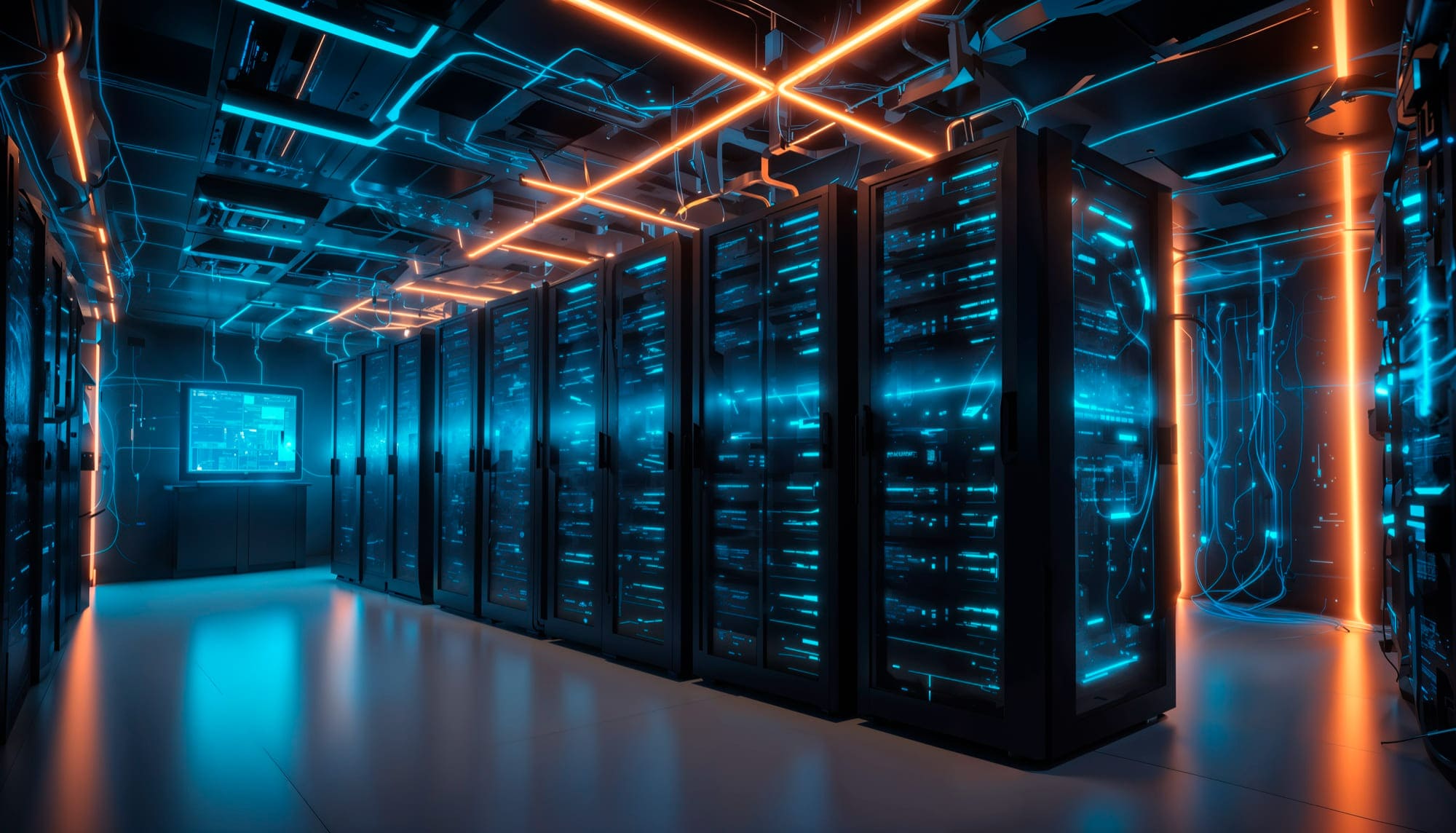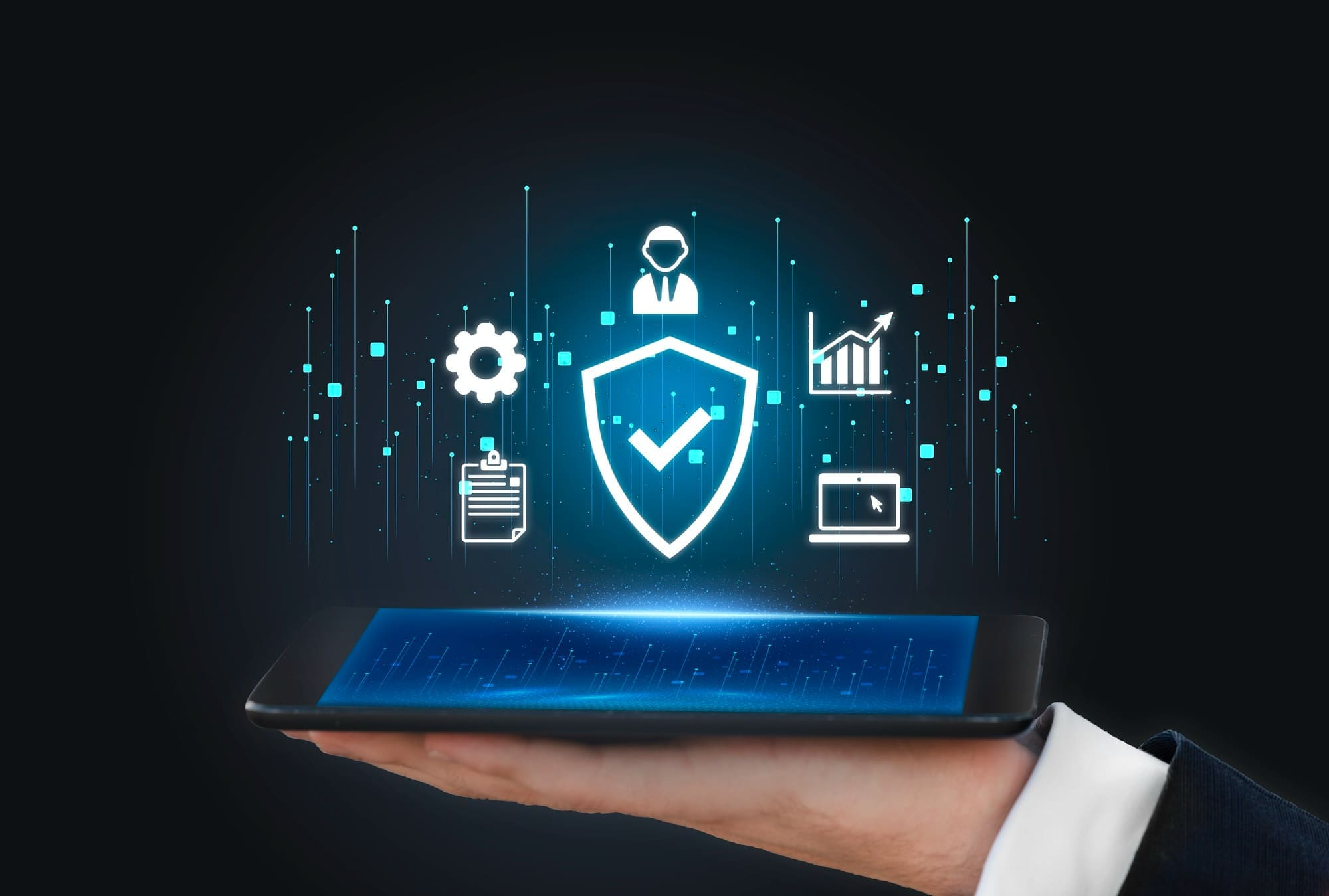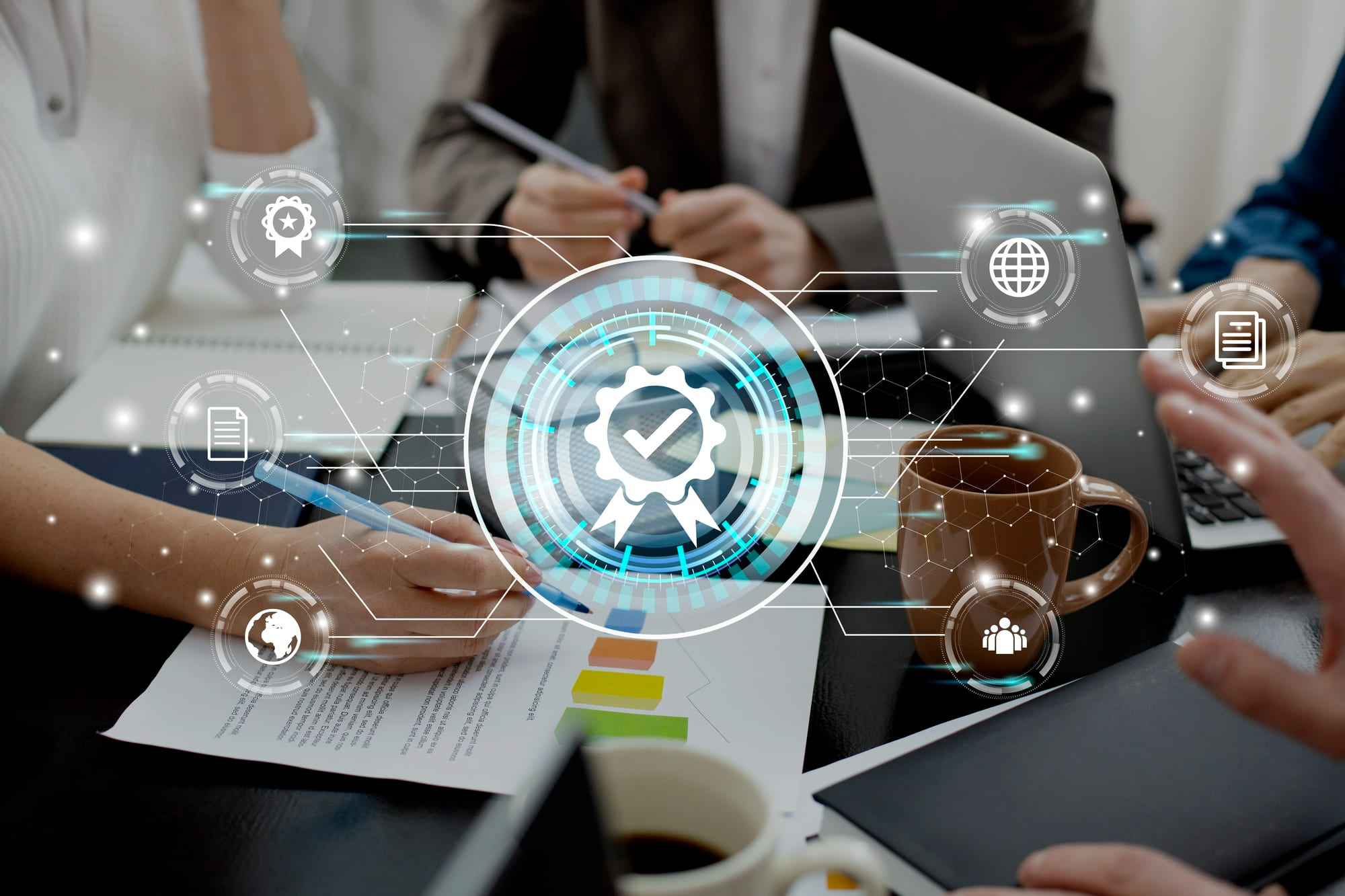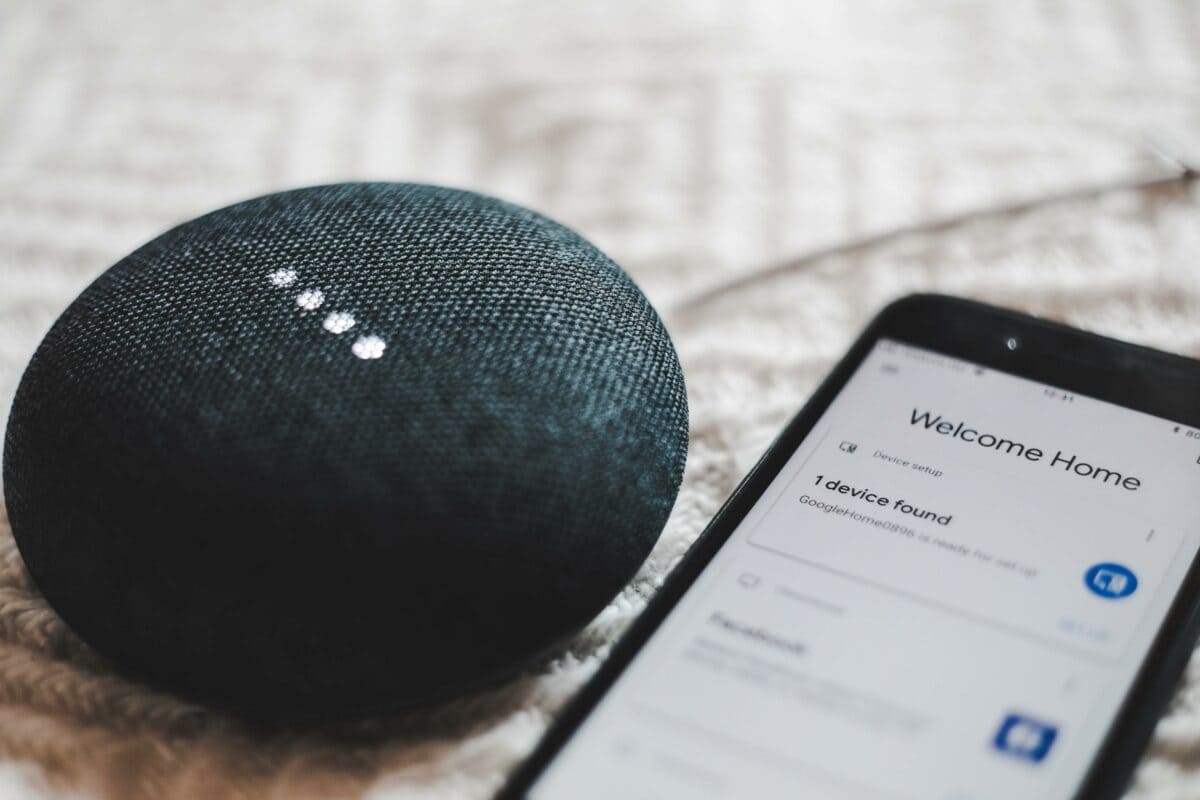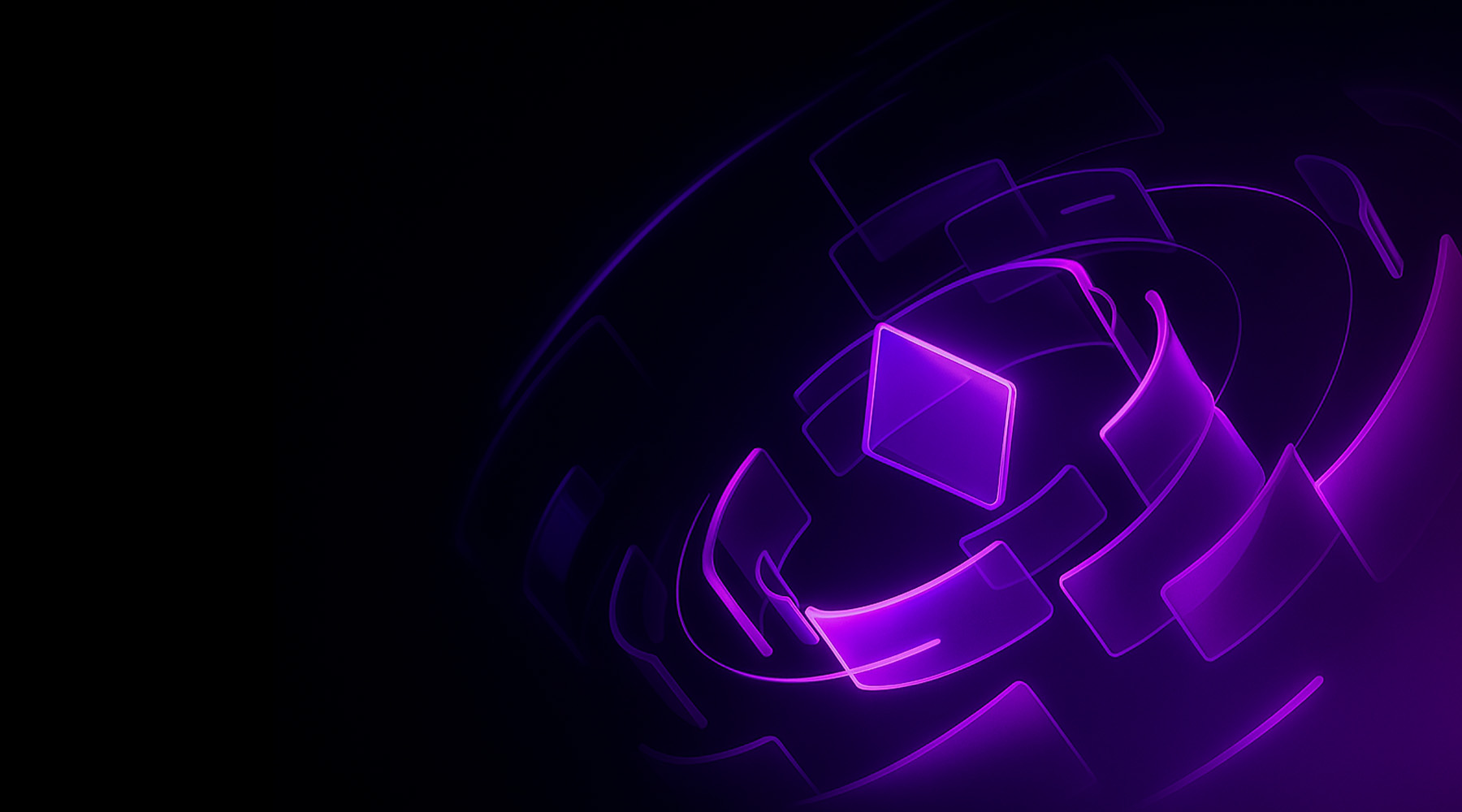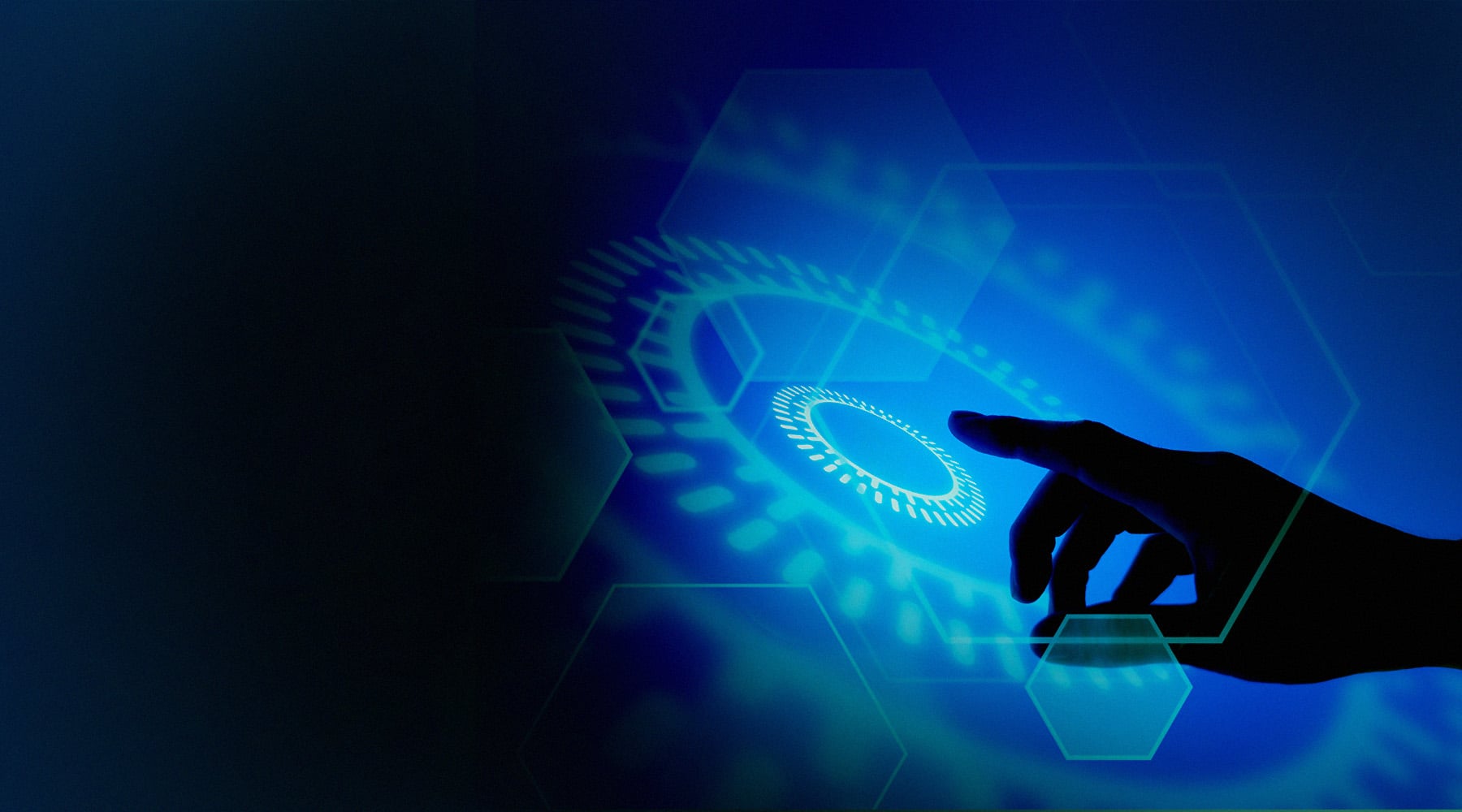The Internet of Things (IoT) refers to the transformation of physical objects around the world that are now connected to the internet. These devices are all collecting and sharing data that help businesses make business decisions as well as automate human lives.
The idea first stemmed throughout the 1980s and 1990s when technologists thought of the idea to add sensors and intelligence to basic objects. They started investing in devices like televisions, cars, and smartphones. Now, these devices have matured to the point where an internet connection is part of the base offering.
- A lightbulb that can be switched on by using a smartphone app
- A smart refrigerator that tracks what type of foods you eat
- A smart thermostat that analyzes patterns in your household to set the right temperature without human interference
- Self-driving cars
- Fitness watch
What is the IoT?
What are the benefits of the internet of things for businesses?
Businesses use the Internet of Things to learn more about their customers so they can react faster and serve them in advanced ways that add new value and increase revenue.
For example, manufacturers are adding sensors to parts of their products to record data and track how they are doing. This can help companies see when a certain part is likely to fail and switch it out before it causes any damage. This helps make their supply chain more efficient because they have data that keeps them one step ahead.
What are the benefits of the internet of things for consumers?
The Internet of Things makes our homes, offices, and vehicles smarter and measurable. Smart speakers allow users to play music, set timers, or get on-demand information just by speaking to it. Home security systems allow users to monitor their homes inside and out with little effort and smart thermostats help people heat or cool their homes before they arrive.
However, these connected devices can raise concerns about personal privacy since they contain sensitive data and can be open to hackers.
What next for the iot?
Tech analyst company IDC predicts that in total there will be 41.6 billion connected IoT devices by 2025. Consumer IoT spending was predicted to hit $108 billion, making it the second-largest industry segment: smart home, personal wellness, and connected vehicle infotainment will see much of the spending. Within the integration of artificial intelligence, the future of IoT is limitless.


